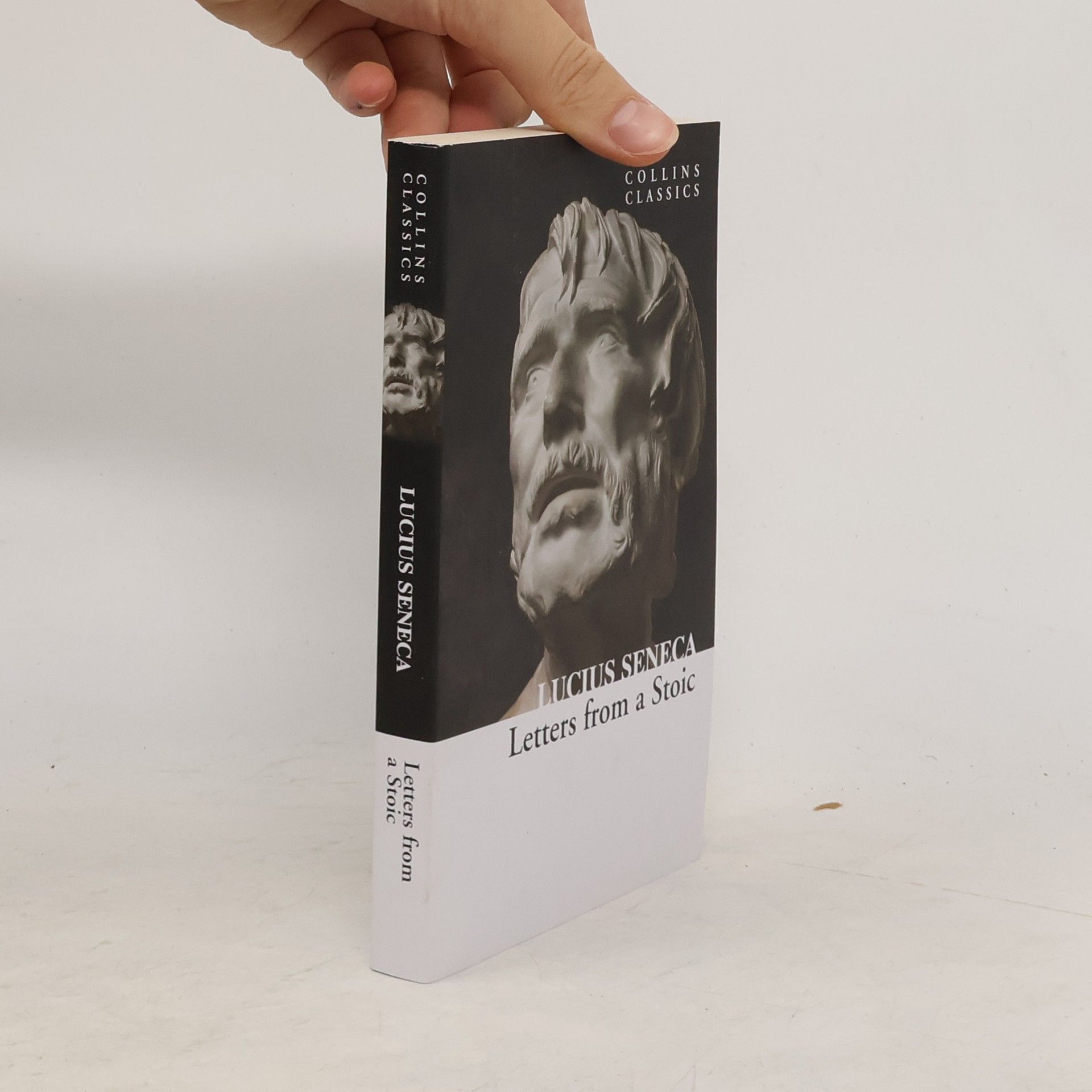L. ANNAEUS SENECA, ON BENEFITS
- 164 pages
- 6 hours of reading
Exploring the intricate dynamics of giving and receiving, Seneca's work delves into the moral complexities of relationships from a Stoic perspective. He emphasizes the importance of intention behind acts of generosity and the responsibilities that accompany receiving benefits. By examining gratitude and the ethical implications of generosity, Seneca encourages readers to reflect on their social interactions and moral conduct. This philosophical treatise remains relevant, offering timeless insights into kindness, reciprocity, and the nature of human relationships.



